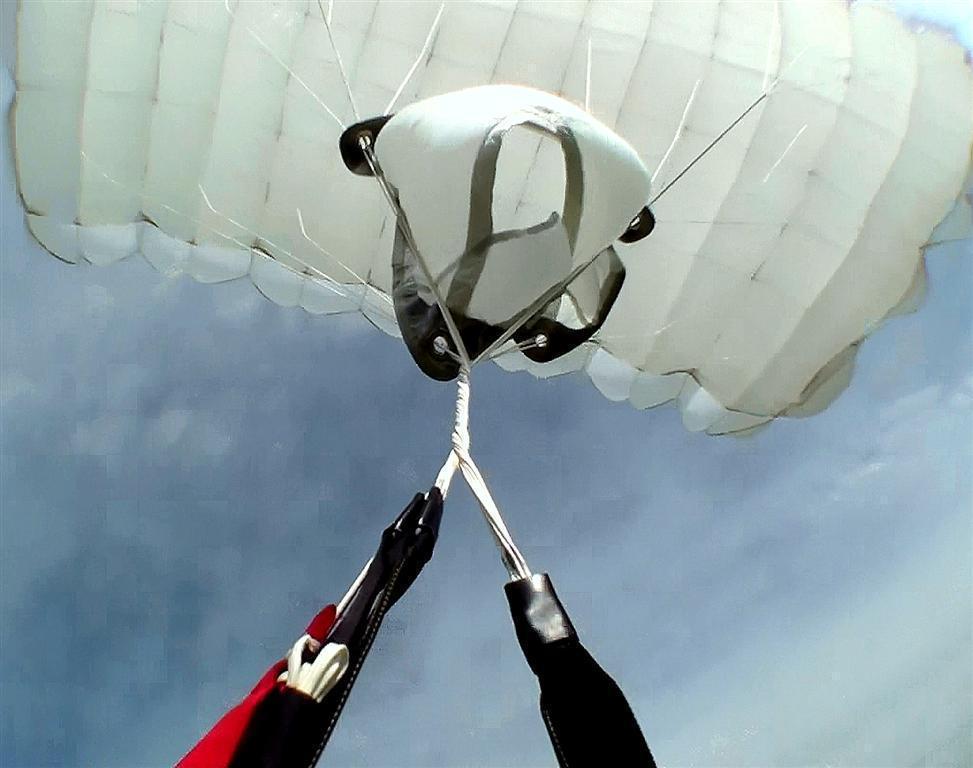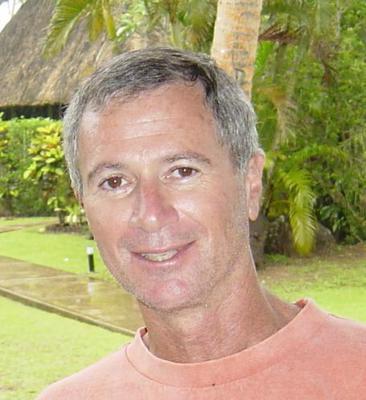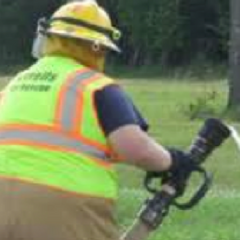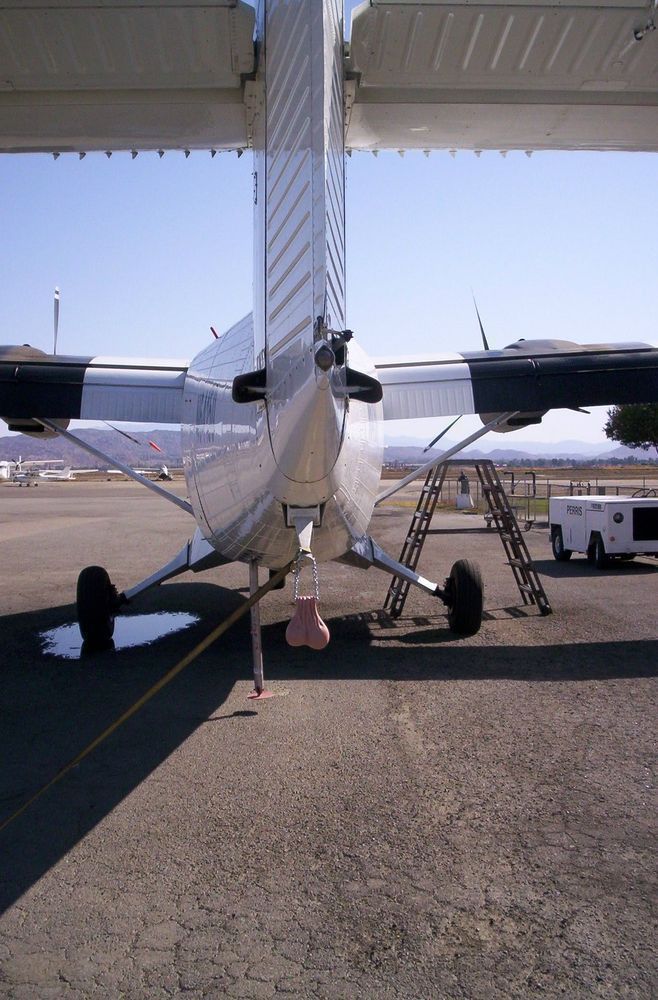Leaderboard
-
in all areas
- All areas
- Adverts
- Advert Questions
- Advert Reviews
- Videos
- Video Comments
- Blog Entries
- Blog Comments
- Images
- Image Comments
- Image Reviews
- Albums
- Album Comments
- Album Reviews
- Files
- File Comments
- File Reviews
- Dropzones
- Dropzone Comments
- Dropzone Reviews
- Gear
- Gear Comments
- Gear Reviews
- Articles
- Article Comments
- Article Reviews
- Fatalities
- Fatality Comments
- Fatality Reviews
- Stolen items
- Stolen item Comments
- Stolen item Reviews
- Records
- Record Comments
- Record Reviews
- Help Files
- Help File Comments
- Help File Reviews
- Events
- Event Comments
- Event Reviews
- Posts
- Status Updates
- Status Replies
-
Custom Date
-
All time
January 20 2016 - August 17 2025
-
Year
August 17 2024 - August 17 2025
-
Month
July 17 2025 - August 17 2025
-
Week
August 10 2025 - August 17 2025
-
Today
August 17 2025
-
Custom Date
05/08/2024 - 05/08/2024
-
All time
Popular Content
Showing content with the highest reputation on 05/08/2024 in all areas
-
5 pointsWithin days? I can name someone who is fined for contempt, and does it again the same evening.
-
2 pointsI for one, am tired of the 'explaining away'..... the 'cultural christians' stand by and watch and do nothing when the extreme christians make gains as they stomp towards a christian nationalistic country where we have religious freedom, but only if you are christian. It is so much like people standing by and watching while trump stomps all over the constitution and breaks the laws, and they 'splain that away' too with bullshit like 'it's not so bad' or 'they all do it'. Christians will burn the country and the world to the ground if we let them. They support Israel because the second coming and the end-of-times cannot happen with Israel existing. (still have to build the temple or whatever). They storm the capital and break whatever laws because after all - they are doing god's work, so it does not matter if it is illegal and the constitution be damned, there's a higher power in charge telling me what to do. Luckily so far, thousands of them are charged with crimes, but even that is sitting in front of SCOTUS waiting to be undone. fuck those people and fuck christian nationalism. And Trump, if elected, will let it all happen because they support him and he is a narcissistic sociopath, he can sit on a throne as the divinely chosen one, and whatever feeds his ego and wallet is good by him. Israel does not speak out about it, because after all, they get so much support from the USA, even though they are all damned to hell when the Armageddon happens, unless they convert.... but I am pretty sure they are laughing behind our backs about that. This country will truly be fucked if Trump gets elected, and even if he does not, the SCOTUS seems determined to make watery decisions that dilute everything out there... again, standing by and watching it happen, instead of stopping it by actually supporting the constitution and the rule of law.
-
2 pointsSome days yes, some days... Not so much. I say this out loud on a pretty regular basis: I hold in my hand a device that allows me to make contact with the majority of the people on the planet, and to access the entirety of man's knowledge. I use it primarily to argue with strangers and look at cute pictures of cats.
-
2 pointsI know that some people don’t think they have a cold until a doctor takes a culture. Since they don’t go to the doctor, well, they’ve never had a cold, and colds aren’t real. Iterate for COVID and climate change. This story in Time refers to where I used to live in the south of Brazil. One friend’s son has probably lost his farm (other than the actual land, but buildings and infrastructure are probably gone). Her mother was rescued from her second story apartment by being carried down, then boated via two boats and an ambulance. Her mother’s reaction was “there are so many nice people.” Her brother’s apartment building is flooded on the ground floor. Several of my friends are without water at all, or drinkable water, for the foreseeable future. House damage with others. These are the educated and well-off. Now imagine the poorer people living in lower-lying areas. Now consider that there was flooding there last year when I was there that killed about 40 people. This is a chronically lightly-flooding area, kind of like parts of Houston. It’s where people live and have jobs and family; “choosing better,” uprooting, moving elsewhere and finding new work, housing, and connections isn’t just a simple matter of when. Those of you who consider climate change to be a liberal plot to steal your freedom, you’re wrong. Just because you don’t have COVID today doesn’t mean it’s not real, and that it doesn’t affect others differently. They’re real people, not just nameless foreigners who chose poorly when it came to being born Wendy P.
-
2 pointsHi 3331, Every time I met John, I always walked away thinking, 'What a nice guy.' He definitely made his mark in the parachute industry. Sad, Jerry Baumchen
-
2 points
-
1 pointI will also add that the reason we perceive that areas of the US do not have a history of violence is because we killed all (well, 99.9%) of the indigenous people when we got here, either directly or via what we brought with us (typhus, smallpox, alcohol etc.) Dead men fire no rockets into Memphis. If we had two million native Americans living in Tennessee, on what they consider their own land, with their own government, determined to right the wrongs of the Trail of Tears - and those native Americans were being funded and armed by Iran - I think we'd be less condescending towards the Middle East's endless history of violence.
-
1 pointOne or two loads went up today at Peris, based upon pictures posted on Facebook. It's back !
-
1 point
-
1 pointHi folks, The Grim Reaper continues his work: Dick Rutan, copilot on round-the-world flight that made history, dies - oregonlive.com Jerry Baumchen
-
1 pointHi GFry, Re: I’m mostly concerned about handles moving back Be glad you went with UPT then, they do not do chest rings; which is a major cause of the handles being out of sight. Jerry Baumchen
-
1 pointThe last one. From Wikipedia: The Battle of Nashville was a two-day battle in the Franklin-Nashville Campaign that represented the end of large-scale fighting west of the coastal states in the American Civil War. It was fought at Nashville, Tennessee, on December 15–16, 1864, between the Confederate Army of Tennessee under Lieutenant General John Bell Hood and the Union Army of the Cumberland (Dept. of the Cumberland) (AoC) under Major General George H. Thomas. In one of the largest victories achieved by the Union Army during the war, Thomas attacked and routed Hood's army, largely destroying it as an effective fighting force. Earlier, in 1838, the Cherokee were rounded up by the federal government and relocated to concentration camps near Charleston, Tennessee. Earlier, in 1714, the Cherokee destroyed the Tennessee town of Chestowee, in reprisal for an attack against a Cherokee village. Before Europeans arrived, the Cherokee regularly battled the Chickasaw for land in what is now Tennessee. This goes back at least thousands of years - back to around 1200, per the scant records that the Cherokee managed to keep.
-
1 pointEvery generation thinks it’s the peak of society and evolution. But just as humans aren’t the peak of evolution, they’re only the current point, we’re the current point socially. We’re less connected than previous generations, and more fearful. The next generations won’t be able to live just as we have, but neither do we live just as our parents did. That said, the environment we live in is a huge challenge, and we’re not really helping the next generations; that’ll be a massive problem. Cities and towns provided a massive problem in the past, so did empires, and so did the plague Wendy P.
-
1 pointAt one of the past Symposium banquets, I was sitting at the same table as John and Nancy. I told John a couple of skydiving related jokes and and he was laughing pretty hard. He was a good guy and will be missed. If there is a memorial, someone please post the date.
-
1 pointMany of us on this forum are at an age that before things get really bad, we will be gone. It appears that society is on a downward slope and it is logarithmic not linear.
-
1 pointSaddened to hear this. I got to spend some great moments with Sherm in the attic of the Jump Shack back in '78. That was the get-away spot while the Racers were being assembled downstairs. R.I.P. John. Sigh.
-
1 pointAs always, your ability to use hundreds of words to say nothing is unrivaled. You want to both deny the existence of actual data when presented, and also claim that it's heretical to ask for data.
-
1 pointGoogle found this one. https://uapress.arizona.edu/book/north-american-indigenous-warfare-and-ritual-violence
-
1 point
-
1 point
-
1 pointI was Lucky enough to meet him on a Couple occasions. I concur he was a really nice guy! Rodger
-
1 point
-
1 pointSeriously? Like this is the weight watchers forum? Stop drinking, eat fewer calories, get to the gym for 3 hours a day and, most importantly, get a grip on real life outside of the internet.
-
1 pointWhen you get your news from the back of a zigzag pack you are susceptible, and entitled, to a certain degree of confusion.
-
1 point
-
1 point
-
1 point(Warning - long) Winsor recently refloated the always popular nuclear-is-expensive-because-of-those-goddamn-hippies argument. Since he's not reading my posts any more, and since that's not relevant to the woke-bashing that's going on in that thread, I thought I'd break it out into a separate thread. First off, of course there is an element of cost associated with protests. When people don't like nuclear power (or aviation, or skydiving, or drag queens, or whatever) they protest, and those protests invariably make it more difficult/expensive to do whatever those people wanted to do initially - through demanding more regulation, or lobbying to deny permits, or promoting the bad over the good. In the case of nuclear power, however, that has very little to do with the rising costs. As a pilot and a skydiver, one thing I learned early on is that most aviation regulations were written in blood. The FAR that requires pilots to check the weather before they take off if they are flying to a different airport? That's not there because "bushy tailed Liberal Arts types in Boston/Cambridge" hated airplanes and wanted to screw up aviation. They are there because of the deaths of pilots who were surprised by weather after they took off. There are similar reasons for many of the regulations involved with nuclear power. The limits for worker exposure? That's not there because scaredycat liberals want to shut down nuclear power. That's because early on several people were injured and killed by radiation from poorly designed experiments and reactors. The Demon Core, for example, killed two people working with it. At that point, the risks of gamma radiation were known, but no one had been exposed to a fatal dose of neutron radiation before - something you can only get from a nuclear chain reaction, or via a very complex sort of particle accelerator. After those two deaths, more work was done on neutron radiation risks, and new limits were put in place. More regulations! Side note here - the reason most nuclear reactors are possible at all is due to a quirk of physics called "neutron cross section." It's basically the probability of a neutron hitting the nucleus of a fissile atom. Einstein's work made it clear that the slower the neutron, the more likely it was to hit that nucleus. This is important because "prompt criticality" - the sort of chain reaction we all learned about in school, and how nuclear bombs detonate - is VERY hard to regulate, since the reaction waxes and wanes over the course of hundreds of microseconds, too fast for humans to reliably control (as the physicists working with the Demon Core learned to their dismay.) However, it is possible to design nuclear reactors that cannot go prompt-critical, and can only reach criticality with delayed, or thermal, neutrons. These are neutrons that pass through a moderator (like water) and are slowed, as well as neutrons that are natually emitted from fission, just more slowly. This allows design of reactors with power time constants of seconds or tens of seconds, which makes regulation via control rods possible. Even better, if they lose their moderator (i.e. they lose coolant) the reaction slows automatically. In fact, if the reactor even just gets too hot and boils the water, the voids in the water moderator automatically reduce power generation (i.e. it has a "negative void coefficient.") This gave early reactor designers perhaps a bit too much confidence in the inherent safety of nuclear power. As people started working on reactors for power in peacetime, we saw some of those irrational emotion driven types Winsor was referring to in his post - but initally they were on the side of nuclear power. Nuclear power was so safe, easy and efficient, according to Atomic Energy Commission Chairman Lewis Strauss, that "it is not too much to expect that our children will enjoy in their homes electrical energy too cheap to meter." He saw so much of the promise of nuclear energy (both fission and fusion) and so little of the drawbacks that the future looked rosy indeed. Turns out, though, nuclear power is hard to do well. For example, if there is a LOCA (loss of coolant accident) in water-moderated reactor, the chain reaction does indeed stop. But the fuel is now full of short lived isotopes due to the neutron bombardment during operation, and those isotopes also decay and release neutrons. Not enough to sustain a chain reaction, but enough to cause additional fission and a LOT of heat. So although the reactor has technically shut down, it will still happily melt into a puddle of spent nuclear fuel, nuclear waste, moderator and steel. And it's hard to keep a reactor full of that stuff safe. And reactor designers started discovering this almost immediately. In most parts of the world, those designers have been very lucky that their mishaps have, for the most part, not resulted in large public health threats or loss of life. The first meltdown occurred at reactor EBR-1 in Idaho in 1955. This was a breeder reactor, so different design and different coolant, but same basic idea. A power excursion caused a partial meltdown, but cooling was restored and the core solidified before anything worse happened. The next occurred at the same facility, but in a different reactor - this time an experimental boiling water reactor. It was designed to not go prompt-critical for all the reasons listed above. However, when a technician removed a single control rod from the reactor, it did indeed go prompt-critical. Fortunately the core disassembled itself before nuclear weapon yields were reached, but the power excursion (20 gigawatts in a reactor designed to handle 3 megawatts) caused an explosion that killed three men in a fairly gruesome fashion. How could this have happened? This reactor was designed to be SAFE! It could not go prompt critical! Turns out two factors allowed this. One, some of the neutron poisons inside the reactor (that reduce reactivity) had corroded and flaked off. Two, it turns out that it takes water some milliseconds to boil, and this event happened in microseconds, so the voids could not form fast enough to shut down the reaction. Lesson learned. More regulation of nuclear power plant operation. In 1977, the nuclear reactor at the Millstone Nuclear Power Plant had its coolant level drop while the reactor was powered down, exposing the fuel elements to air (actually steam.) A hydrogen explosion occurred, which damaged the reactor and seriously injured one worker. How could this have happened? There's no hydrogen in a reactor! Where did it come from? The hot fuel elements, clad in zirconium, reacted with the steam to generate the hydrogen. Lesson learned. More regulation of nuclear power plant operation. Then Chernobyl happened. Fortunately for us the RBMK reactor is so different from US designs that a similar accident almost certainly can't happen here. But again the accident was due to something that no one had considered - that there is an operating regime for a reactor where poisons build up so quickly that it shuts down the reactor, and when they burn off (as they do eventually) then the reactor can restart so violently that it, again, goes prompt critical. So probably no effect on US reactors; ours can't go prompt critical. Although we initially thought the same thing about the SL-1 reactor in Idaho. Lesson learned. This time, no new regulations for the US. There are about a dozen of these. Three Mile Island, the most visible US incident, was the result of two mechanical failures and three coincident operator errors. And despite all the reassurances from the utility, the incident came very close to a containment breach - most of the core did in fact melt down, and a lot of it ended up on the bottom of the vessel. During the investigation, it was discovered that valves to the emergency feedwater supply were closed and never opened, there was no clear indication on the reactor status panel that the PORV was stuck open, and an operator actually shut off the emergency high pressure injection system. So failures of training, equipment and instrumentation. Lesson learned. More regulation of nuclear power plant operation. Then outside the US came Fukushima. A textbook case of how to shut down a nuclear reactor in an emergency, and everything looked good. But then a tidal wave damaged - not the reactor, not the control room, but the power lines and the generators that provided cooling water for the reactors when shut down. And THEY melted down. So failure to take into account protection of the entire plant - not just the reactor. Lesson learned. More regulation of nuclear power. These new lessons are why it's so hard to build new nuclear power plants. Recently the first nuclear reactor in decades opened at the Vogtle facility in Georgia. This was a simplified Gen IV design that's referred to as "walk-away safe" - no power needed to cool the reactor after an emergency shutdown. It was so simple that an early ad from GE for the reactor's original design touted "first concrete to fuel load in 36 months." From the beginning of the planning to the first operation took 20 years and came in $20 billion over budget. No protesters, just contractors screwing up, companies folding, and the usual very high level of quality required at a facility designed to safely contain a nuclear chain reaction. I keep hoping that, someday, we will get a Gen IV reactor design (or, heck, even a fusion reactor) that does indeed meet the promise made by Strauss all those years ago. What keeps us from getting there is not those goddamn hippies, and it's not evil liberals in suits toting briefcases. It's the fact that nuclear power is hard to do well, and we as a society have (wisely) demanded that it's done right.
-
1 pointNew episode out now! DB Cooper was not my father with my good friend Julie. https://thecoopervortex.podbean.com/e/db-cooper-was-not-my-father-julie/
-
1 point
-
Newsletter



.thumb.jpg.4bb795e2eaf21b8b300039a5e1ec7f92.jpg)










